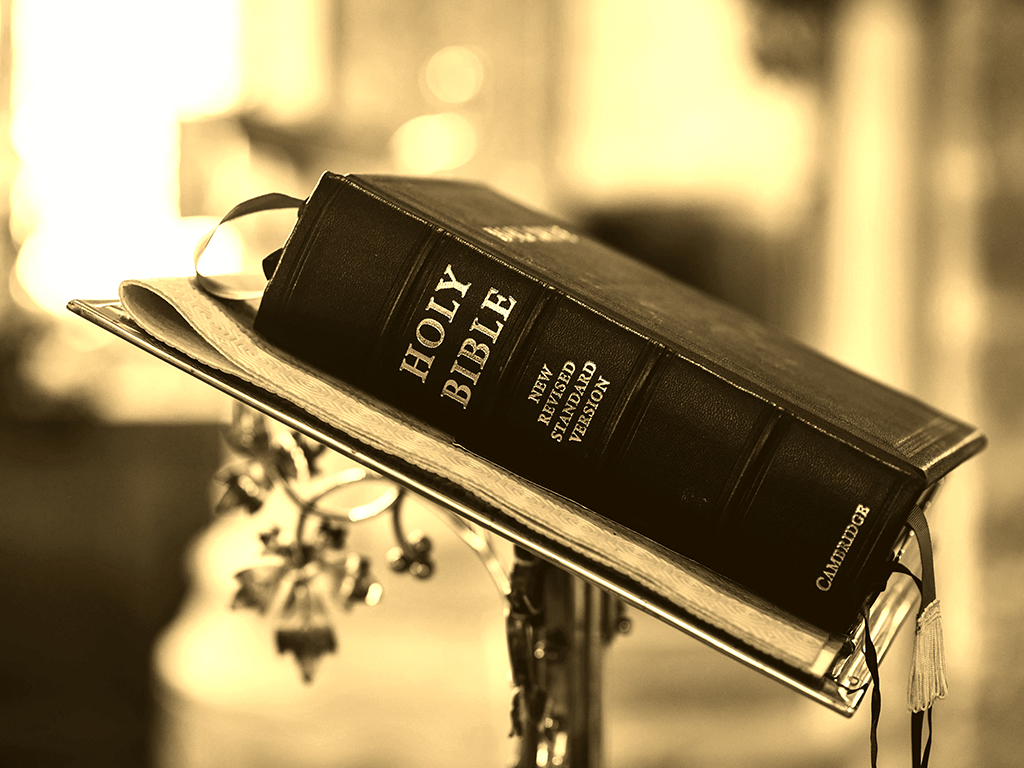Background
In 1 Thess 4:1-13 – 5:11, Paul provides instruction and encouragement about the second coming of Jesus. His instruction and encouragement result from Timothy’s report of the Thessalonians. They asked about those who die before the Lord’s coming. Paul answers this question very simply, by stating that those in Christ who died will be raised to join the living at Christ’s coming. Paul’s response would later generate much literature with eschatological speculation. This speculation resulted from Paul’s response being too simple. Despite the simplicity, Paul encourages the Thessalonians to not sorrow about those who do not possess hope of the resurrection. He also requests that they encourage one another with the words of Christian hope. Paul acknowledges the Thessalonians’ grief but stresses their hope rooted in Christ. He proceeds to prepare them for the Lord’s coming, by grounding them in the truth of Christian hope found in the resurrection.
Context
In our society, we experience life and death. There is life through births and death due to loved ones dying. In those moments of death, we grieve and mourn the lost. For myself, I remember shedding many tears, when my grandmother passed away. Her death was painful to watch as cancer deteriorated her body. Witnessing her pain during that period wreaked havoc on all of our lives. The patriarch of the family no longer provided for our needs. We now witnessed her pain and suffering. My family and I wanted peace for her and not suffering. While we waited for her relief, I wondered about her afterlife. Will she see God in heaven? Will she receive the happiness that she sought for on earth in heaven? My experiences with death are similar to the Thessalonians. They too experienced death. In death, they grieved and questioned the outcome of their loved ones.
Purpose
Paul establishes security and comfort to the Thessalonians about Lord’s coming for those who belong to him. To establish security about the Lord’s coming, Paul compares and contrasts those who belong to Christ against those who do not belong. Paul indicates that those who grieve death are those who have no hope of salvation. He continues to describe them as drunkards and those of the night or those who reside in darkness. They neither examine the revelation of salvation nor shake off drunkenness; instead, they remain in darkness. Those who behave like this also boast peace and safety. In fact, Paul contends sudden “destruction, ruin, death” will come upon them. Their destruction will be inescapable and will leave them dead in their transgressions. Their death remains eternal as they will not rise with Christ in the resurrection.
In sharp contrast to those who do not belong to Christ, Paul contends that those bound to Christ possess salvation through him. He identifies salvation as involving faith in the death and resurrection of Christ. In this faith, God brings those alive and dead to him in Christ. Together those who gather will join God in heaven. The powerful resurrection not only secures a joining with Christ, but it also fosters a lifestyle of light induced by faith, love, alertness, and sober living. Now that the Thessalonians are entrenched in the powerful resurrection, they are called to comfort and encourage one another with this truth.
Application
Paul’s declaration remains relevant for us when we deal with our grief and questions about our loved ones’ passing. He reminds us that in our grief, we have hope in knowing that those who belong to Christ will be with him in his resurrection. We possess a confidence that those who pass are united with Christ in his resurrection. Therefore as we mourn our lost, we still have hope. In addition, despite possessing security in Christ, Paul still implores the Thessalonians to live a life rooted in faith, love, and hope in salvation. Paul’s plea identifies the realities of living in a world, where drunkenness and darkness exist. Drunkenness and darkness do not foster salvation. Salvation occurs by God’s grace and mercy through Christ. In addition, salvation does not occur through the limitations of humankind’s actions. However, when the power of the resurrection manifests in believers’ lives, it produces behavior of the light and prompts alertness for Christ’s return. With the power of the resurrection in Christians’ lives, we remain secure and do not fear death. For those who do not believe, death represents a complete loss of life. For believers; however, death represents a resurrected life in Christ.



